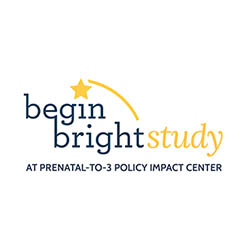Expanded income eligibility for health insurance is one of the five most effective policies that states can implement to ensure children get off to a healthy start and thrive, and that promote greater equity in child wellbeing.
States can employ a number of strategies to increase health insurance coverage for their residents, and the most widely studied policy is the expansion of Medicaid eligibility through the ACA for most adults with incomes up to 138% of the federal poverty level.
The most rigorous research studies show that state Medicaid expansion:
| IMPACT OF EXPANDED INCOME ELIGIBILITY FOR HEALTH INSURANCE | EVIDENCE OF IMPACT |
|
Reduces racial disparities in birth outcomes |
|
|
Increases access to needed health care services |
|
|
Decreases financial barriers to care |
|
|
Reduces child neglect |
|
Visit the Clearinghouse for the comprehensive evidence review on Expanded Income Eligibility for Health Insurance.
The prenatal period to age 3 is the most sensitive and rapid period of growth for the brain and body. State policy choices have a substantial impact on the wellbeing of infants, toddlers, and their parents, and on promoting equity among children. See the Prenatal-to-3 State Policy Roadmap for more information on the most effective policies and strategies states can implement to help children thrive from the start.
Have questions? Please contact us.



